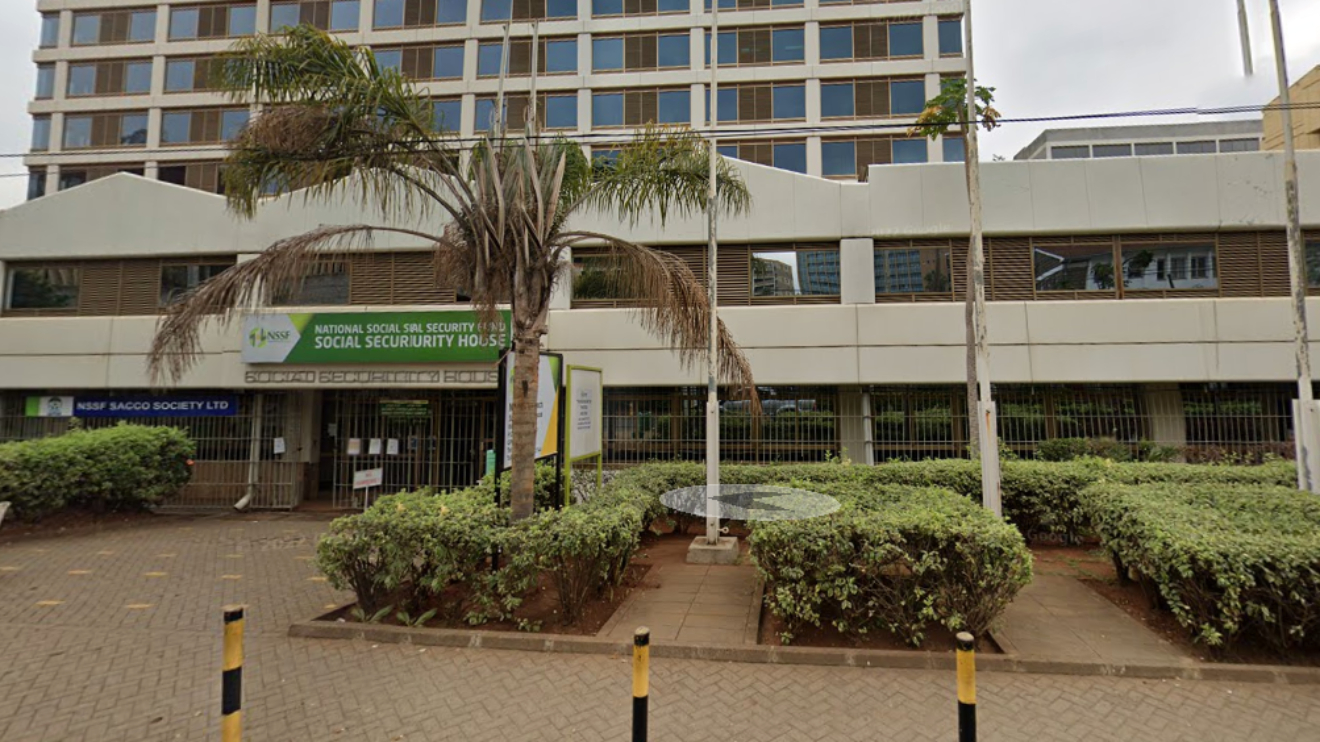The National Social Security Fund (NSSF) Act, 2013, which increased mandatory contributions to the fund, has found itself back in legal limbo.
The Supreme Court, in a landmark decision, has returned the petition challenging the Act to the Court of Appeal, citing incomplete analysis by the previous judges.
This ruling throws open the debate on the Act's constitutionality and the future of NSSF contributions.
The case, initiated by several employer organizations, contested the Act's legality on multiple grounds.
They argued that the mandatory registration under NSSF was unconstitutional, public consultation was inadequate, and the Act infringed upon their right to choose private pension schemes.
Read More
While the government defended the Act's legality and public participation, the initial judgment at the Court of Appeal focused solely on the jurisdiction of the Employment and Labour Relations Court (ELRC) to hear the case.
The Supreme Court, led by Chief Justice Martha Koome, found this insufficient.
“In the circumstances, this case is to be remitted to the Court of Appeal to determine the substantive merits of the judgment of the ELRC,” said the judges.
They highlighted that the Court of Appeal "left out other factual and constitutional questions raised in the appeal," including the concerns regarding mandatory registration, public consultation, and employee choice.
Recognizing the "surrounding public interest" and the case's protracted journey, CJ Koome emphasized that the fresh hearing at the Court of Appeal should be prioritized.
This decision is a significant development for employers, employees, and the NSSF itself.
It reopens the door to potentially substantial changes to the Act's implementation.
While the government maintains the legality and benefits of the Act, including offering an opt-out option for private pensions, the Supreme Court's ruling indicates that these arguments need further scrutiny.
The upcoming Court of Appeal hearing will be crucial in determining the future of NSSF contributions and the balance between mandatory social security and individual choice.
Millions of Kenyans across various sectors await the court's verdict with keen interest, as it will have significant implications for their retirement security and financial well-being.











